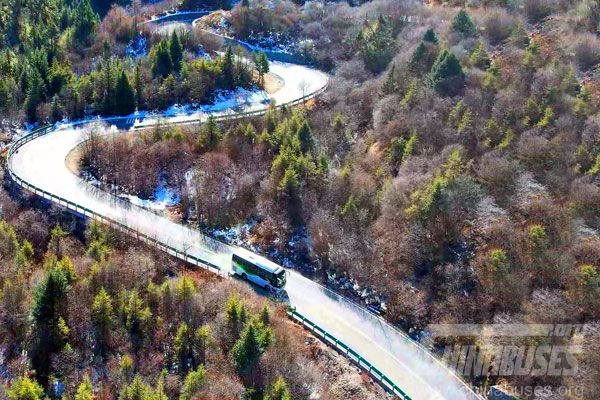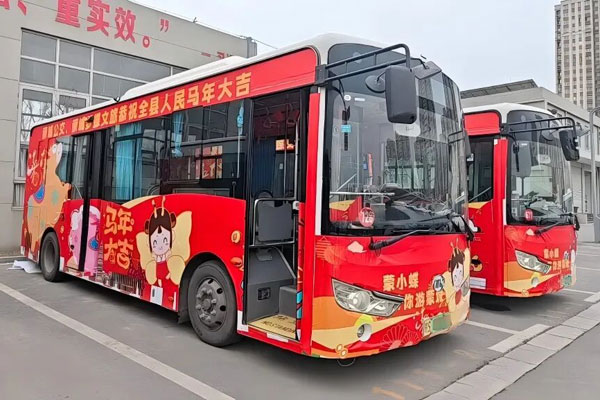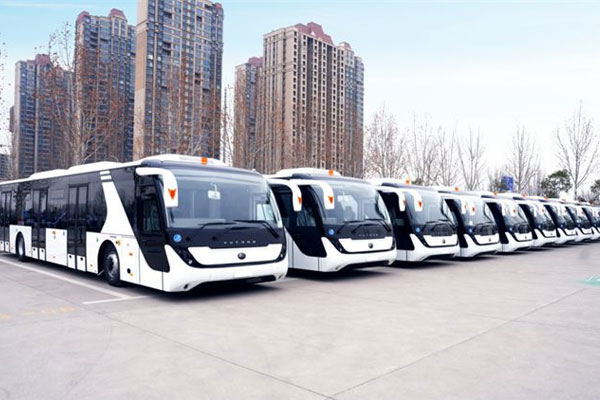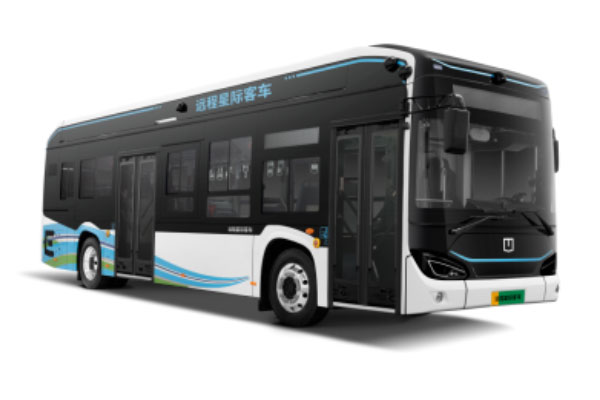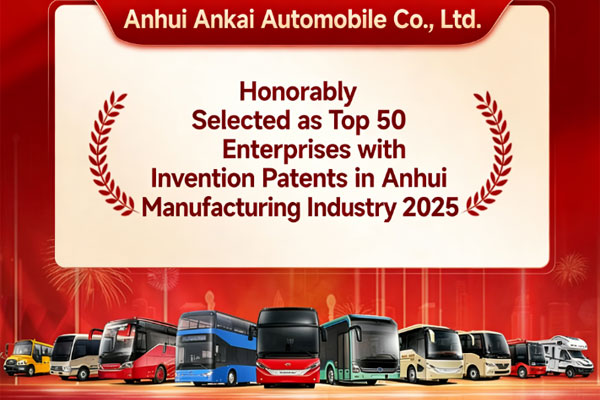Yutong to Reduce Costs by Industrialization of New Energy Coach
23 March 2009
Mar. 21, 2009: Nowadays, the word, new energy has been splashing across the media and has become a hot topic among the public. As one of the bellwethers in Chinese bus & coach industry, Yutong cannot afford to ignore the new market trend. So, what has it been doing in this brand new sector? Let’s take a closer look at what Yutong has to say.
New Techs, Introduction and Self-Innovation Go Hand in Hand
According to an Assistant Chief Engineer named WU Xiaoguang with Yutong, the company started research & development (R&D) and production of new energy coaches in 1999. To date, its seven buses in five models have been put into service in Beijing, Guangzhou and Zhengzhou. In terms of R&D of new energy coaches, it introduces and absorbs the available state-of-art technologies from outside on one hand, and conducts related research independently on the other hand. In order to have its own intellectual property rights (IPR), Yutong is focusing on the research of control system and has achieved a great success in electronic control module (ECM) molding.
At present, Yutong is capable of producing 12-meter and 13.7-meter fuel-electric hybrid bus models and is planning to roll out its 18-meter model.
Despite its great achievements, WU admits that the R&D cycle of new energy vehicles usually takes a relatively long time, sometimes 2-3 years. Right now, Yutong is actively seeking cooperation with parties concerned so as to realize the mass production of its new energy coaches.
No Efforts Spared in Emission Reduction for Common Coaches
Even the new energy is quite a buzz word across the world, Yutong still firmly believes that the real objective of R&D of new energy coaches is to boost energy saving and emission reduction. Given that the new type of vehicles have not been widely put into service and its number is hardly able to reach 10% of the total coach fleets in China, the company has been persistently pursuing new methods to improve fuel economy and reduce emissions of common coaches.
Currently, Yutong has made some achievements in cutting the weight of its traditional coaches, which is an effective way to enhance fuel economy.
Help Customers Wean from Govt Financial Support
Currently, one of the biggest hurdles for further industrialization of new energy coaches is its prohibitively high costs compared with the traditional coaches. In response to the problem, the central government is promising to give subsidies to buyers of new energy coaches. However, it is still a pressing task for coach builders to find a way to get hold of their customers even the government stops subsidizing. To do so, they have to count on cost cuts and a quick elevation of their production techniques.
CHEN Hong, Assistant to the Director of Yutong Coach Experiment Center, said that a 12-meter hybrid bus costs RMB 400,000 (about USD 58,595) more than that of a traditional one. However, if the costs can be further reduced and the fuel economy of the hybrid bus can reach 20%, which means the transportation companies can save RMB 288,000 (about USD 42,188) on fuel, it is very much likely that they would be willing to pay the bill. Thus, coach builders do not have to worry about when the government stops giving subsidies.
Currently, Yutong’s 12-meter hybrid buses are in good operation on Line K6 in Zhengzhou. Compared with the hand-actuated buses and automatically actuated ones, the new model improves fuel economy by 17%-20% and 25% respectively. Still, the company is not resting on its past glory but moving forward for higher fuel economy.
Source : english.chinabuses.com
Editor : Mark
Views:4928
Tags: Yutong Industrialization New Energy



